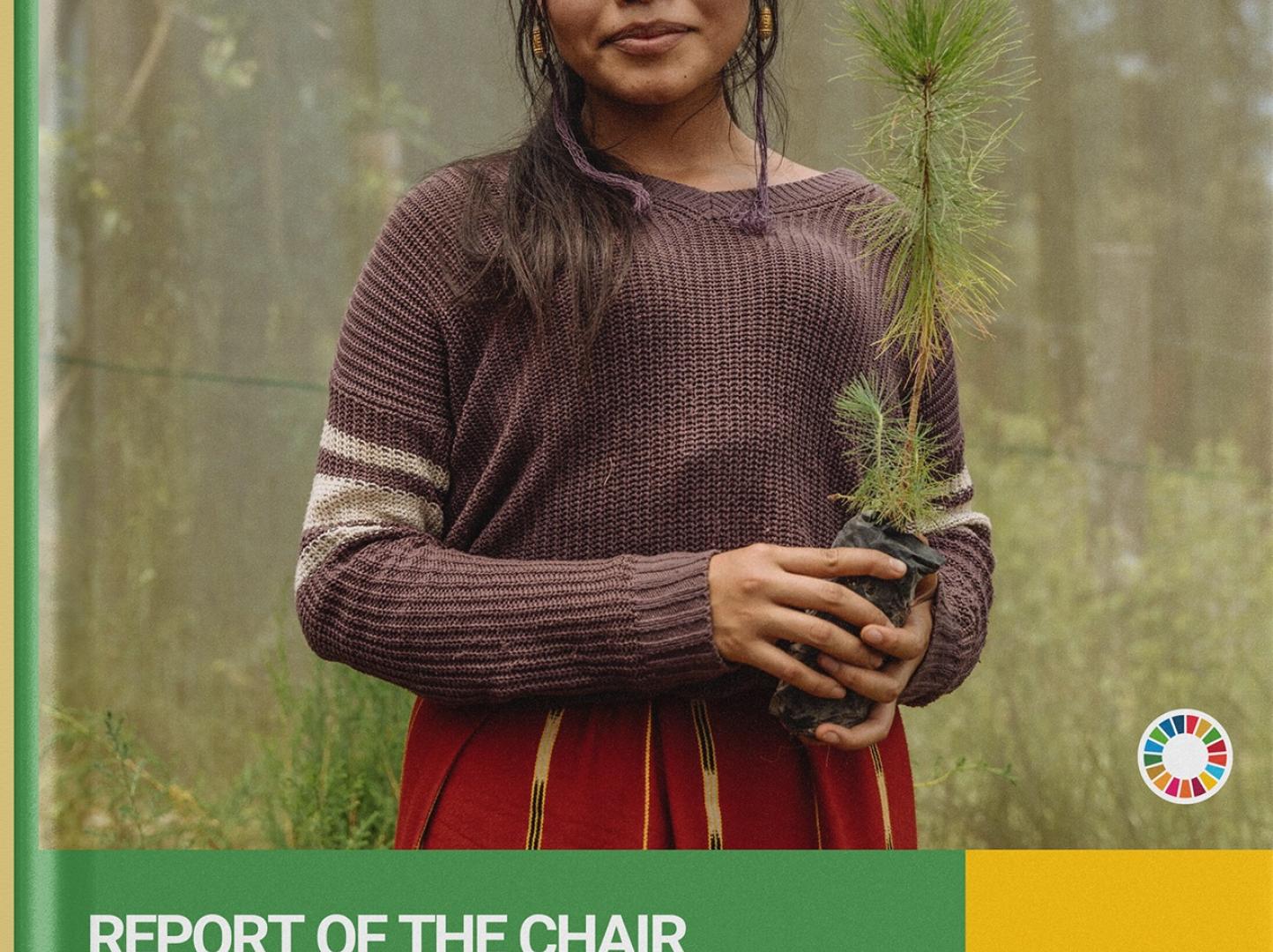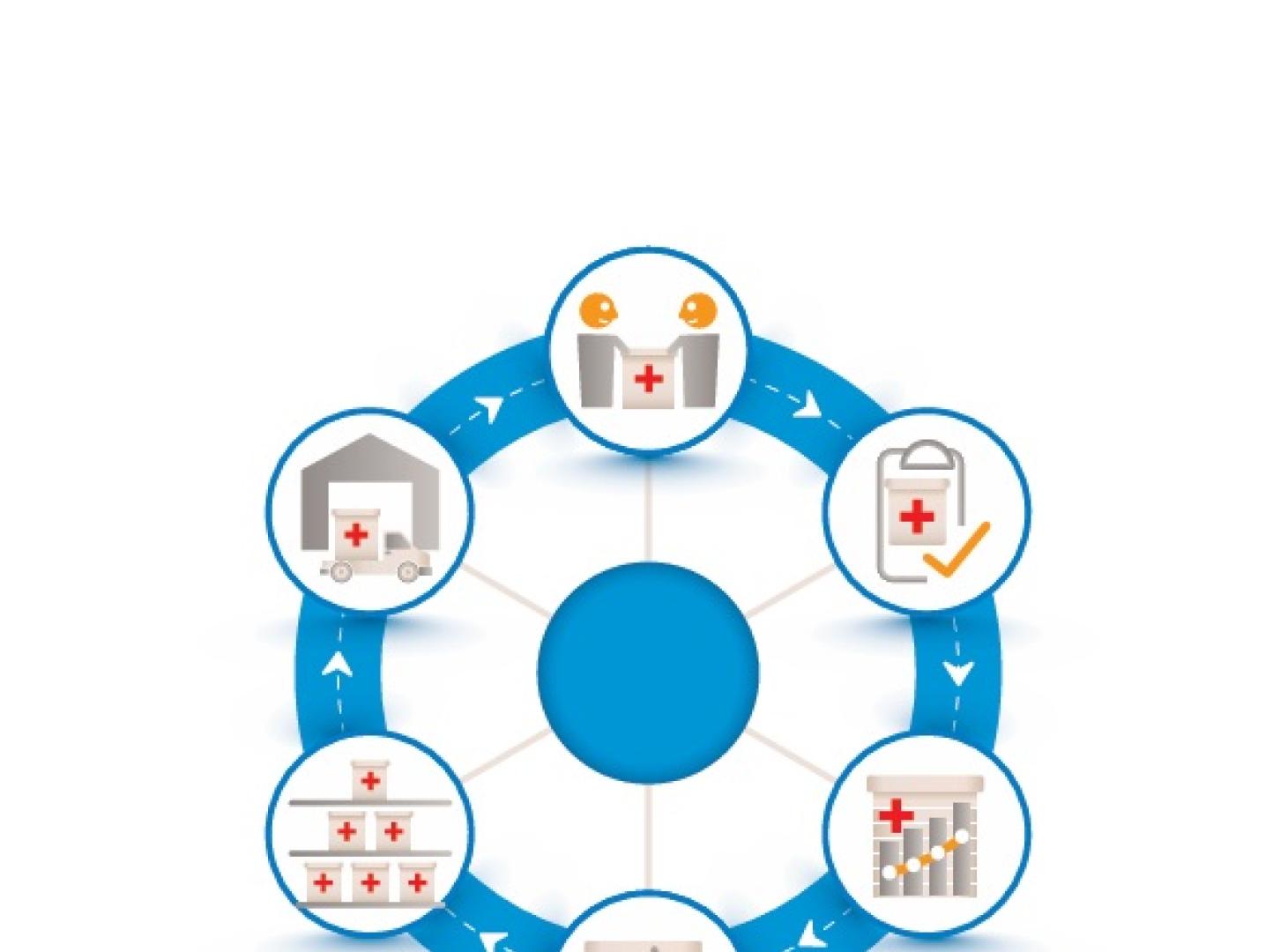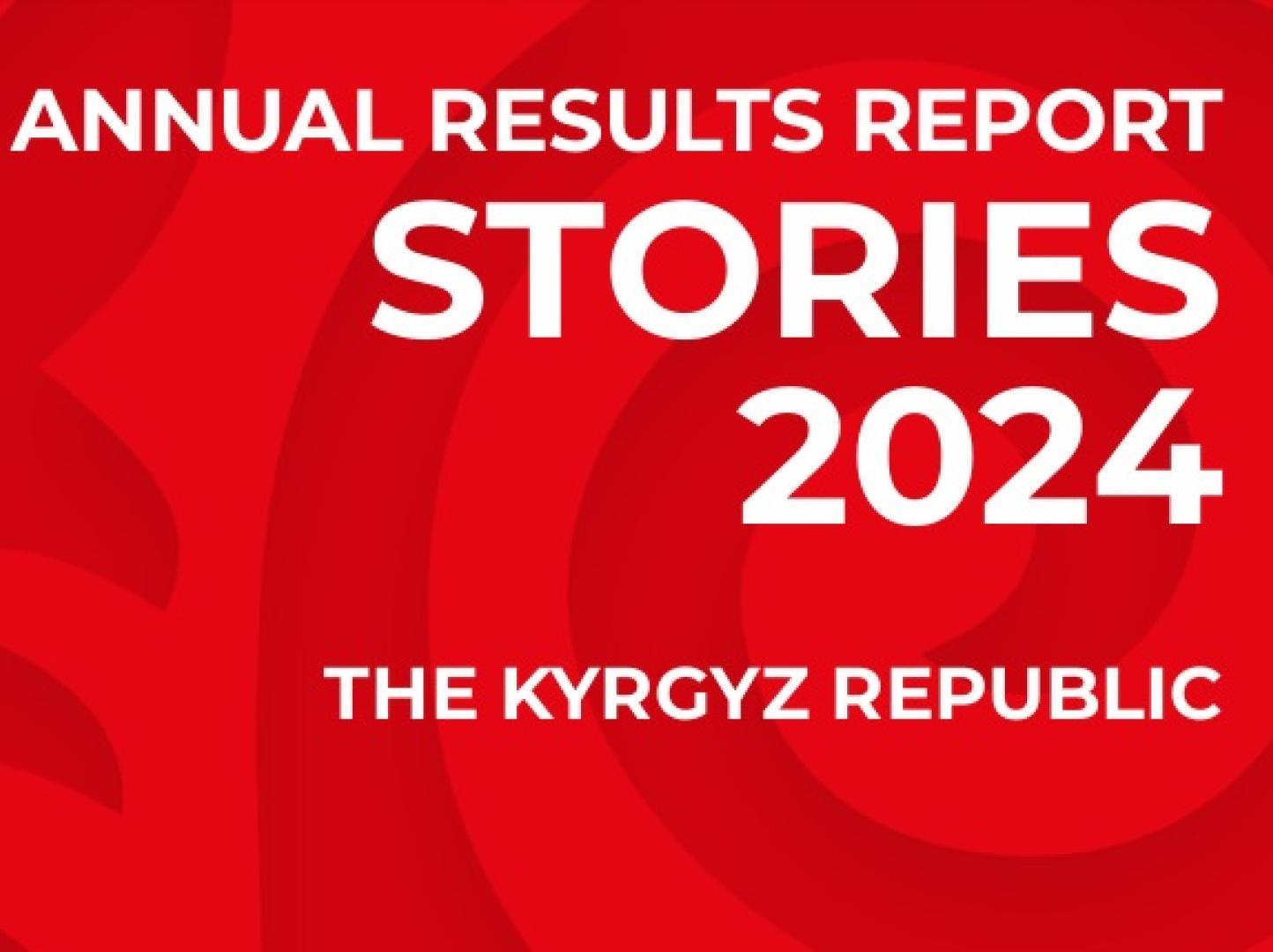Health behavior of school-aged children report of the Kyrgyz Republic
Health Behavior in School-aged Children (HBSC) survey is held every four years among adolescents aged 11, 13 and 15 years old in relation to health and well-being, social environment and health-related behavior in countries included in the HBSC network.
The survey was first initiated to the world in 1982 and HBSC was recognized as a standardized study by the WHO Regional Office for Europe in 1983. HBSC is a network that includes 49 countries and regions in Europe and North America. In our country, a pilot survey was conducted in 2019, the experience of which served as the basis for the inclusion of the Kyrgyz Republic in the network of HBSC countries and the basis for the first National Survey. In our country, a pilot survey was conducted in 2019, the experience of which served as the basis for the inclusion of the Kyrgyz Republic in the network of HBSC countries and the basis for the first National Survey.
The HBSC survey uses the data from the regional and national levels: to get a complete picture of the status of health and well-being of the younger generation in their social context. Further the information obtained has importance for public health at the national and regional levels, for policy adjustments and planning effective interventions at the inter-sectoral level for improving health of the next generation.





